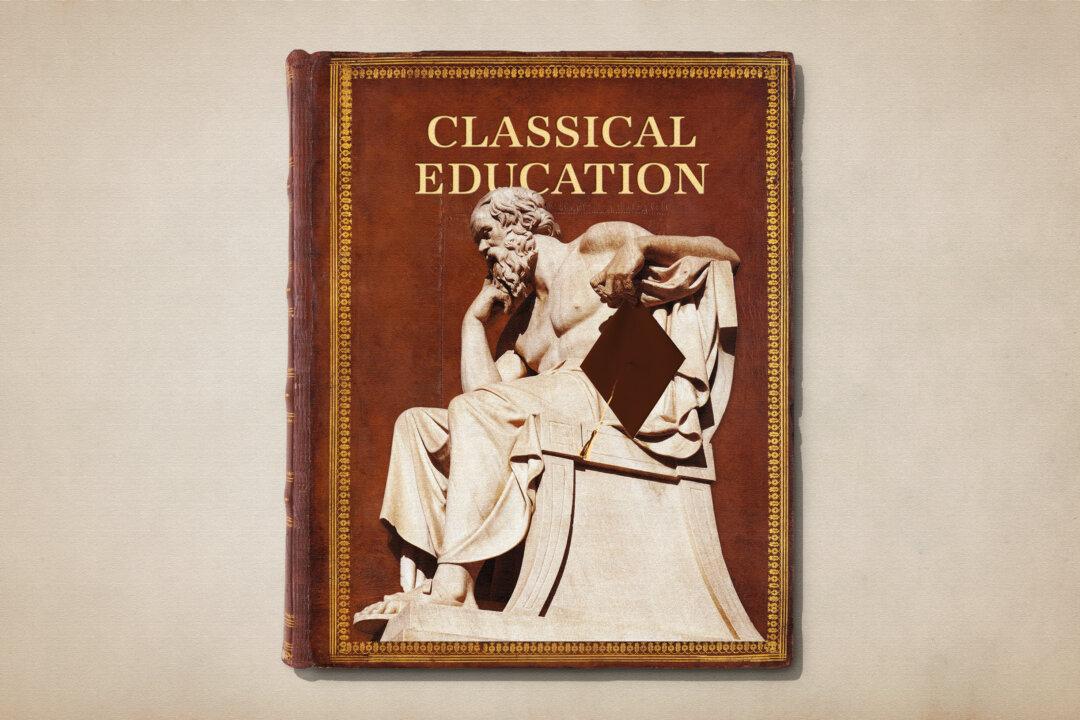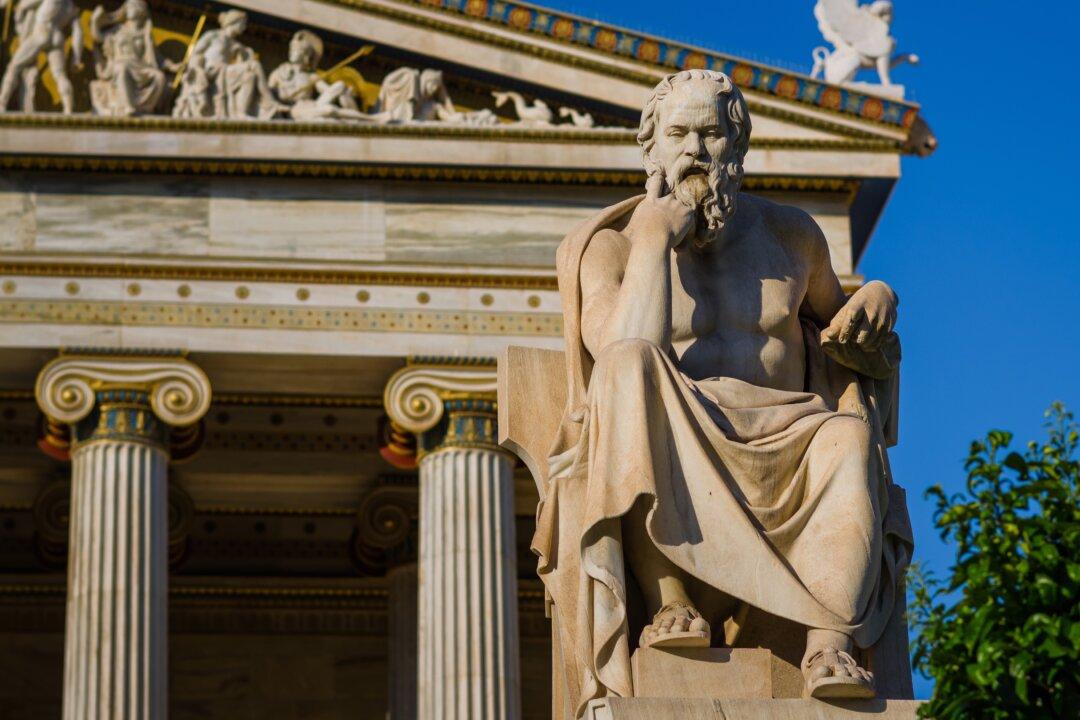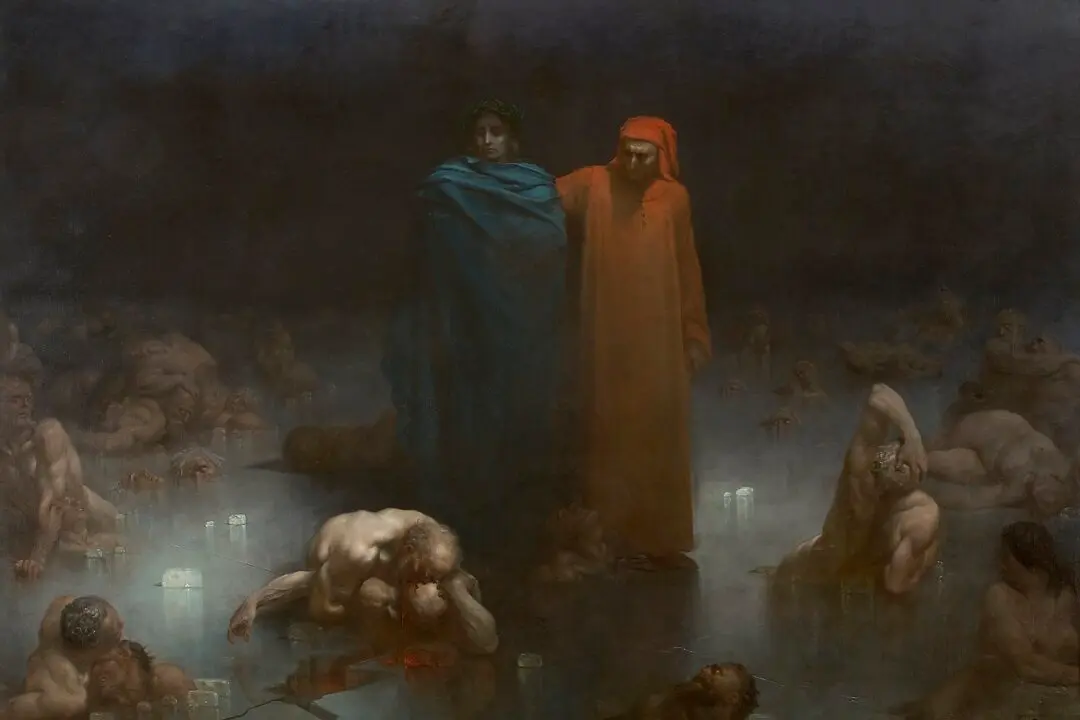Commentary
Last month, a poll by RealClear Opinion Research on American attitudes toward First Amendment freedoms revealed a remarkable change among liberals. Historically, liberalism has treated individual rights and free speech as absolute values. State power is to be suspected. The minority viewpoint is to be granted respect and so is privacy.





